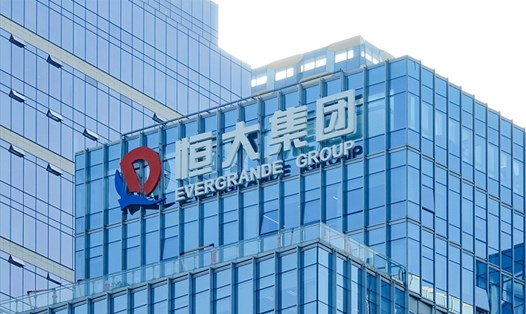China Business News reported on November 16 that Mr. Hua Gia An (Xu Jiayin), Chairman of Evergrande, has sold some houses in Hong Kong, Guangzhou and Shenzhen, along with some private jets.
The newspaper said that the money Xu had pumping into Evergrande since the beginning of July was used to "maintain the basic operations of the huge business empire". This amount was also used to pay employees' salaries, pay interest on some bonds and cash owed to investors. In addition, this money is also used to complete real estate projects across China.
"Up to now, Xu Jiayin has put his own money into continuing to maintain Evergrande's existence," China Business News wrote.
Evergrande's stock has fallen 80% as of November 17.
Evergrande has tried to sell assets to avoid bankruptcy as it struggles with a debt of more than $300 billion. At the end of September, the company announced that it would sell 1.5 billion USD of shares at Shengjing Bank headquartered in Tham Duong to a state-owned asset management company.
But last month, Evergrande canceled plans to sell a majority stake in its asset management unit to Hopson Development Holdings for $2.6 billion. Both companies said they could not agree on the terms of the deal.
Bloomberg reported late last month that Chinese authorities asked Chairman Xu Jiayin to use his personal assets to pay off the company's debts.
Xu could probably only do that. His personal fortune is valued at around $7.9 billion, according to the Bloomberg Billionaire Index - much less than the hundreds of billions of dollars Evergrande owes.
However, so far, the company has appeared to have avoided defaulting on any bonds publicly traded abroad.
Other Chinese real estate developers have also been hit as Evergrande's debt continues, with their stocks and bonds falling and their credit rating being downgraded.
S&P Global Ratings on November 16 downgraded the credit rating of Aoyuan Group, a large real estate developer based in Guangzhou, to a low level.
The rating agency said Aoyuan may not have enough cash to repay the debt and may soon face a liquidity crisis, due to declining real estate sales and the expected debt repayment in 2022.
Both Fitch Ratings and Moody's have also downgraded Aoyuan's credit rating due to the increased liquidity risks the company faces.
China Aoyuan's stock, traded in Hong Kong, has fallen more than 30% over the past month.
Fitch Ratings on November 16 continued to downgrade the credit rating of homebuilding company Kaisa Group from "CCC"... to "C", because they believe the company has failed to pay interest payments for some USD bonds due earlier this month. Kaisa's stock has been suspended from trading in Hong Kong since early November.
Several other developers are also on the brink, with Shenzhen-based Fantasia Holdings and Beijing-based Modern Land recently unable to pay their bond payments or loans.











